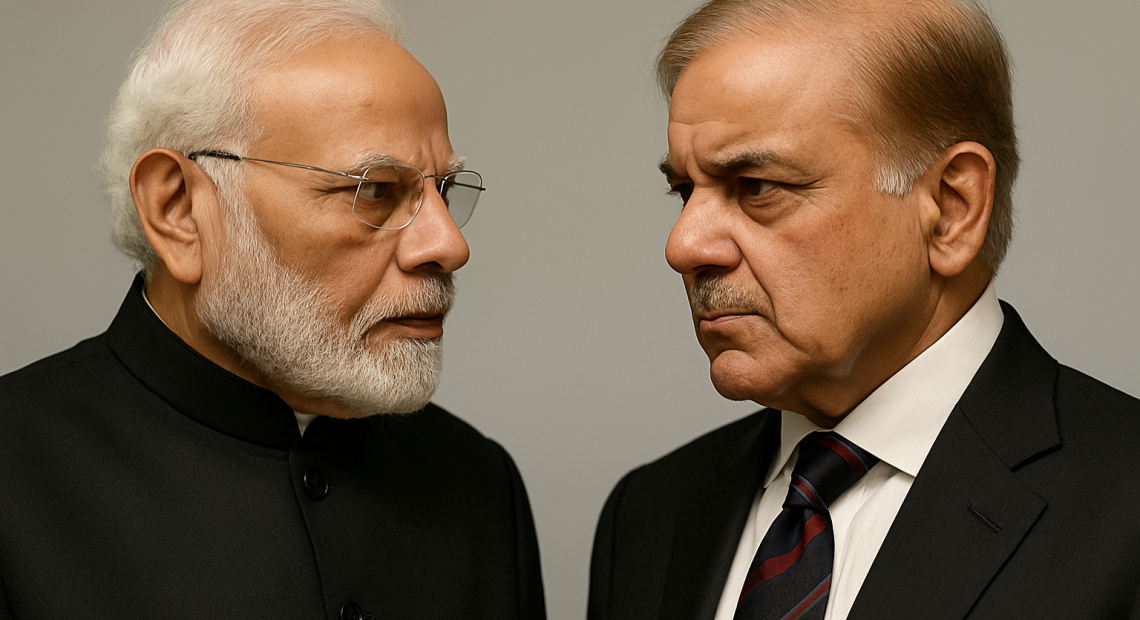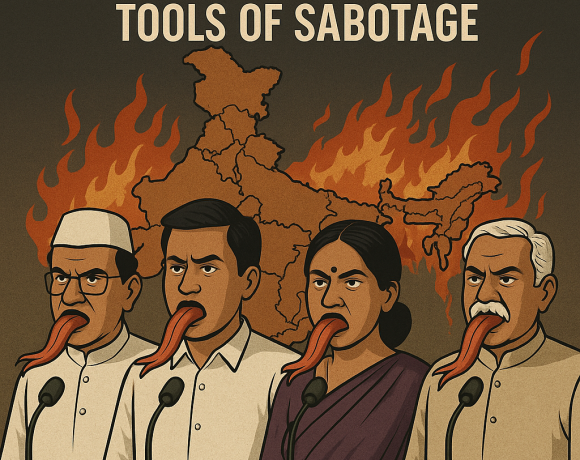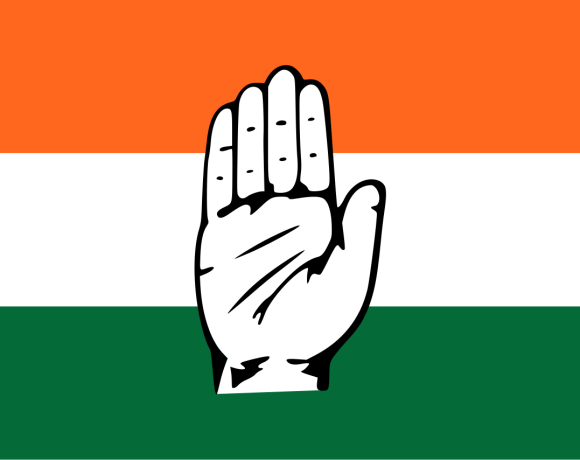
Begging Bowls and Boastful Speeches: Pakistan’s UNGA Hypocrisy
Shehbaz Sharif’s performance at the UN General Assembly this year was a textbook example of Pakistan’s foreign policy in action — loud, theatrical, and hollow. Standing at the world’s most important diplomatic forum, the Prime Minister of a debt-strangled country declared that Pakistan had downed seven Indian jets, glorified Operation Sindoor, thanked China, Turkey, Iran and Azerbaijan, and yet again turned the Kashmir rant into his central theme. For anyone watching, the irony was hard to miss: a country begging for IMF bailouts at home pretending to be a military powerhouse abroad.
Sharif’s chest-beating about downing seven jets is laughable for one simple reason — there is no proof. No international confirmation, no satellite imagery, no evidence beyond Pakistan’s word. India’s response, delivered by diplomat Petal Gahlot, cut through the bluster by calling it “absurd theatrics” and accusing Sharif of “glorifying terrorism.” This is not the first time Pakistan has fabricated tales of military heroism. From Kargil in 1999 to Balakot in 2019, every false narrative has collapsed under scrutiny.
What makes this even more farcical is Pakistan’s economic reality. The so-called “strong state” survives on loans from the IMF, handouts from Saudi Arabia, credit lines from China, and emergency deposits from the UAE. Sharif’s government is running on borrowed money while pretending to stand tall on the world stage. When your country’s budget depends on foreign aid, chest-thumping at the UNGA only exposes your dependence further. The economy is little more than a begging bowl passed around from Beijing to Washington to Riyadh.
Then there is the matter of terrorism — Pakistan’s most enduring export. The image of Osama Bin Laden being discovered in Abbottabad has not faded from global memory. Even today, groups like the Tehreek-e-Taliban Pakistan operate freely, destabilizing the state from within. Sharif talks about “victories” abroad while being unable to defeat militancy at home. This is the contradiction that Pakistan can never resolve: the same state that glorifies “resistance” movements also falls victim to them within its own borders.
India, meanwhile, has moved on. From Mars missions to Chandrayaan landings, from digital payment revolutions to global trade negotiations, India speaks the language of progress at international platforms. Pakistan, by contrast, is still trapped in a jealous sibling syndrome, defining itself only in opposition to India. Kashmir is the crutch it leans on every year at the UNGA, because without it, Pakistan has no narrative left.
By turning the UNGA into an India-bashing theater, Sharif not only diminished his own credibility but also wasted an opportunity to talk about issues that actually matter — climate change, food insecurity, debt restructuring, or regional stability. Instead, Pakistan once again proved to the world that it is stuck in 1947 rhetoric while the rest of the globe has moved on.
For ordinary Indians, there is no anger left at such speeches. Just disgust. Disgust at the falsified numbers, disgust at the hypocrisy of begging abroad and boasting at the UN, and disgust at the obsession with India when Pakistan’s own house is in flames. Theatrics can’t hide facts. And the fact is simple: Pakistan’s begging bowl rattles louder than its chest-beating at the UNGA.


















